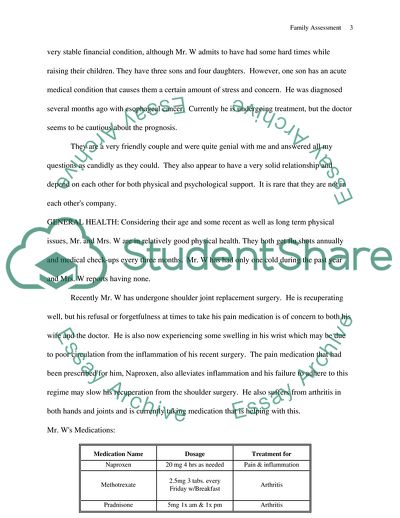Cite this document
(Family Assessment and Care Plan Case Study Example | Topics and Well Written Essays - 3000 words, n.d.)
Family Assessment and Care Plan Case Study Example | Topics and Well Written Essays - 3000 words. https://studentshare.org/nursing/1709075-family-assessment-and-care-plan
Family Assessment and Care Plan Case Study Example | Topics and Well Written Essays - 3000 words. https://studentshare.org/nursing/1709075-family-assessment-and-care-plan
(Family Assessment and Care Plan Case Study Example | Topics and Well Written Essays - 3000 Words)
Family Assessment and Care Plan Case Study Example | Topics and Well Written Essays - 3000 Words. https://studentshare.org/nursing/1709075-family-assessment-and-care-plan.
Family Assessment and Care Plan Case Study Example | Topics and Well Written Essays - 3000 Words. https://studentshare.org/nursing/1709075-family-assessment-and-care-plan.
“Family Assessment and Care Plan Case Study Example | Topics and Well Written Essays - 3000 Words”. https://studentshare.org/nursing/1709075-family-assessment-and-care-plan.


